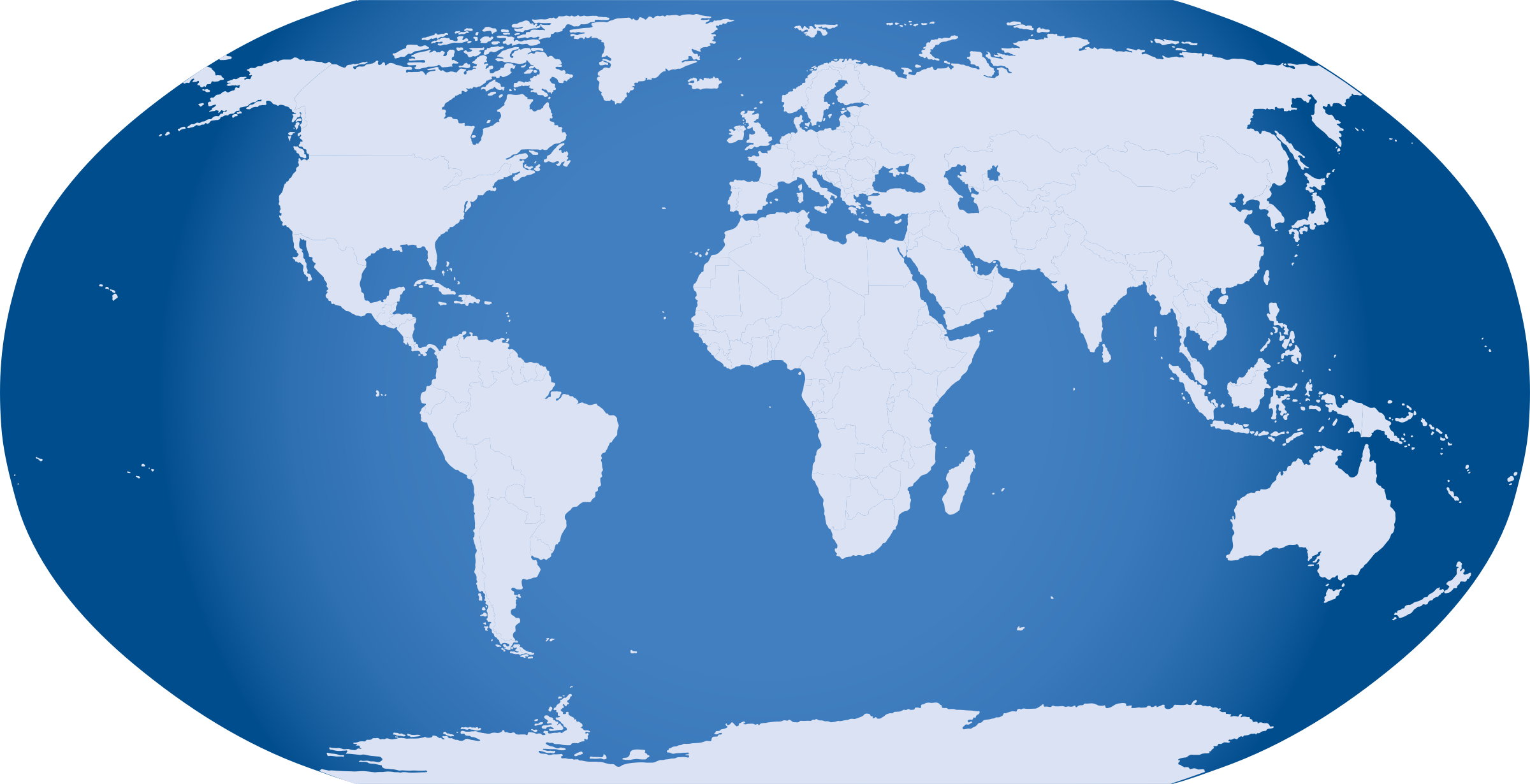The notion of global governance is intricate and layered, yet it harbors the potential for resolving conflicts and fostering enduring peace among nations. The Bahá’í teachings articulate a compelling vision for a harmonious world, wherein a universal legal institution, such as the World Court, occupies a preeminent role. This article delineates the pivotal aspects of the Bahá’í perspective on international justice, the imperatives of establishing a World Court, and the transformative implications for global peace.
The Bahá’í Faith underscores the necessity for international cooperation and the establishment of a global framework for adjudication. The teachings illuminate the criticality of an impartial judicial body that transcends national interests—a World Court. This concept is predicated upon the understanding that mere cessation of hostilities is insufficient for enduring peace; rather, it necessitates the establishment of systems designed to prevent conflict through lawful procedures.
At the core of this perspective lies the principle of justice. Bahá’í scriptures emphasize that “Justice is the most potent instrument of the world.” This assertion advocates for equitable treatment of all individuals, irrespective of nationality or status. The World Court embodies this principle by providing a venue where disputes can be addressed fairly, ensuring that all parties receive due process. An impartial tribunal fosters a sense of accountability among nations, thereby engendering trust—a crucial element for sustainable peace.
The transformation of perspective is paramount. Many individuals view the courts as mere arenas of legal dispute; however, a World Court extends beyond traditional legal confines. It serves as a platform for dialogue, negotiation, and reconciliation, facilitating the resolution of conflicts through diplomacy rather than war. The Bahá’í approach posits that cultivating a mindset oriented towards collaborative problem-solving can alter the trajectory of international relations. By engaging with a worldview that prioritizes collective welfare over parochial interests, societies can begin to shift towards a more harmonious global order.
The relevance of the World Court in contemporary geopolitics cannot be overstated. In an era characterized by increasing polarization, the need for a cooperative framework is acute. Conflict over resources, ideology, and territorial disputes often escalate due to the absence of an authoritative body capable of mediating differences. The World Court’s role, therefore, extends to not only addressing existing disputes but also preempting potential conflicts. The very existence of such an institution can serve as a deterrent, encouraging nations to pursue diplomacy and negotiation instead of resorting to the harsh theater of war.
Understanding the implications of a World Court requires an examination of its foundations in the Bahá’í teachings concerning unity and wholeness. The belief in the oneness of humanity is central. Each nation, culture, and individual contributes to the collective tapestry of human existence. This interconnectedness necessitates mechanisms for ensuring that the rights and dignities of all are upheld, which the World Court endeavors to protect. It promotes an evolutionary process toward global unity, fostering empathy and understanding among diverse populations.
The preparatory phase for the World Court’s operational mechanisms involves significant diplomatic efforts. Engaging nations in discussions about the contours and authority of such a body is imperative. Bahá’í teachings advocate for the promotion of dialogue as a foundational principle of conflict resolution. This approach not only enlightens nations about the benefits of a World Court but also cultivates an environment conducive to trust- and confidence-building measures. Such dialogue can inspire a paradigm shift—altering perceptions of sovereignty and national prerogative towards a more globalist viewpoint.
Furthermore, the jurisprudential underpinnings of the World Court, as envisioned by Bahá’í principles, would necessitate adherence to a framework actively promoting human rights. Treaties and international laws would serve as the backbone of this judicial body, ensuring that all nations are held to the same standard of accountability. Upholding human rights as a foundational legal principle fortifies the legitimacy of the World Court and establishes a credible mechanism through which grievances can be redressed.
The educational aspect of establishing a World Court is equally vital. Enhanced global literacy concerning rights, laws, and justice can create a populace that understands the significance of international cooperation. Whether through formal education systems or community initiatives, disseminating knowledge about the workings and benefits of the World Court can galvanize public opinion in favor of global justice mechanisms. A well-informed citizenry is well-positioned to advocate for policies that promote peace and stability.
Intriguingly, the notion of a World Court serves as a microcosm of the larger ambitions of the Bahá’í Faith. The teachings aspire to a world wherein differences are resolved through consultation, understanding, and love. War and hostility are stark reminders of humanity’s failures. In contrast, the establishment of an authoritative judicial body may signify humanity’s maturation—an acknowledgment that cooperation is paramount for survival and progress.
In conclusion, the Bahá’í vision for the World Court underscores its potential as a transformative instrument for global peace. An impartial institution dedicated to justice, dialogue, and human rights resonates profoundly with the quest for a united world. Coupled with an advocacy for education and empathetic engagement, the World Court can shift perspectives from one of conflict to one of collaboration. Such a transition not only holds promise for mitigating disputes but also lays the groundwork for a future wherein justice prevails as the foundation of international relations—leading humanity toward a sustainable peace that transcends borders and unites all in solidarity.
